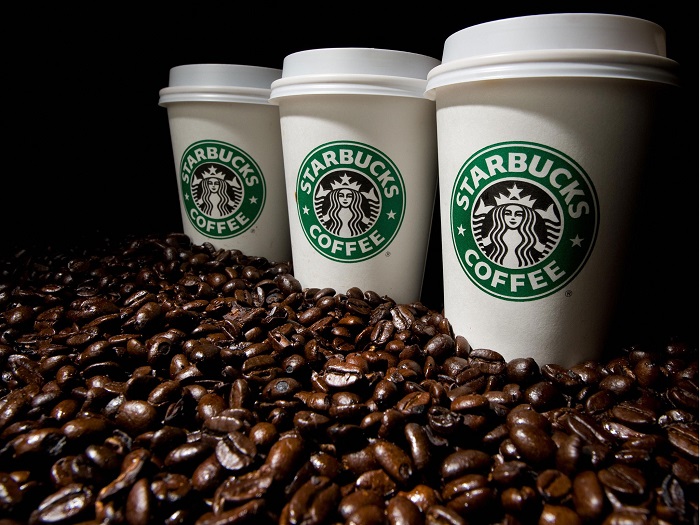The first Starbucks opened this morning in Johannesburg, with people having waited overnight to be the very first customers. The US-based global brand plans to open 12 to 15 more stores in South Africa over the next two years, with a long term plan of up to 150 outlets.
Starbucks is the latest in a line of international chains to have entered the South African market. If you want some of America’s culinary classics, the list includes Krispy Kreme doughnuts and the Mcdonalds (that goes further back) and more recently Burger King. For the sartorial variety, there are a myriad of new international clothing chains as well. H&M, Zara and Top Shop are a few of the clothing brands that are popular amongst South African consumers due to their international appeal.
Andy Rice, a branding and advertising strategist, says that some people think that that the common thread amongst those brands is that they are American, but he doesn’t think that that is necessarily true.
“I think that the common thread between all those brands is that they are globally famous and people are attracted to celebrities. Whether that is celebrity in the human sense (people wanting to meet famous people) or whether it is celebrity in terms of experiencing something that has made history around the world and comes here for the first time,” Rice explained.
“So to me it’s a combination of novelty and wanting to be associated with international brands.”
Brands have also used social media as a mean of advertising their products. Likewise, consumers have also used social media to capture their moments with the international or local brand.
“Social media might something to do with it, but I haven’t seen any data to confirm it,” says Rice.
“But I think that what affects people’s lives is what social media carries. It’s not necessarily the brands that use social media to promote themselves so much as individual people using their own platforms to express their interest in these brands that are on the horizon.”
If one were to think that these international brands are pushing down the South African products they would be wrong. International brands bring in international investors and thus, will create more jobs in any space and it is South African companies that endorse the international brands.
“Most of the brands that come in from overseas sign up with local investment partners so they are not absolutely American brands just occupying the South African market spaces they tend to have strong equity associates from South Africa so it is good business for the country,” explains Rice.
In South Africa, however, Starbucks will have to compete with companies such as Vida E Caffe and Seattle coffee company, the latter of whom has partnered with Engen service station and thus, has managed to maintain a space in the growing coffee market in South Africa.
“I think that people would go for both products (Starbucks and Vida E Caffe) I think that there is room for both,” Rice went further.
“The coffee market is almost entirely dominated by South African brands and I think there’s room for a new one because I think what Starbucks will do is not switch people out of existing brands although there will be some of that.”
“But I think the main impact of Starbucks arriving will be to grow the coffee category and more people will become regular coffee drinkers than was the case before Starbucks,” Rice concluded.
The second Starbucks cafe will open in Johannesburg’s Sandton City in the coming months and it will be a while before it reaches Cape Town’s shores.
VOC (Umarah Hartley)






 WhatsApp us
WhatsApp us 

